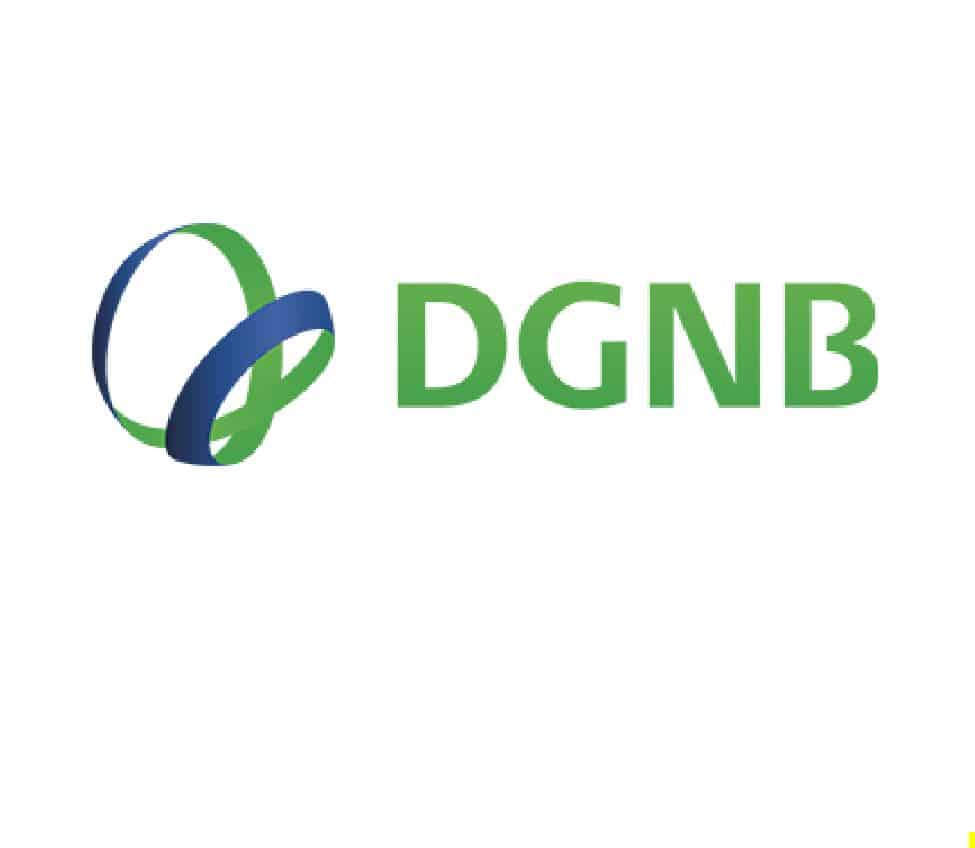Background
DGNB was developed by the German Sustainable Building Council, founded in 2007 with the collaboration of the Federal Ministry of Transport, Building and Urban Affairs. With a share of over 80 percent in new buildings and over 60 percent in the overall commercial real estate market, the DGNB is the market leader among providers of certification systems in Germany. The DGNB refers to the Environmental Product Declarations developed according to the standards ISO 14025 and EN 15804 and is mostly based on quantitative measures calculated using the life cycle assessment approach. The substantive basis of the DGNB is a holistic understanding of sustainability that includes ecological, economic and socio-cultural issues with equal weights assigned to each of those categories in the assessment.

